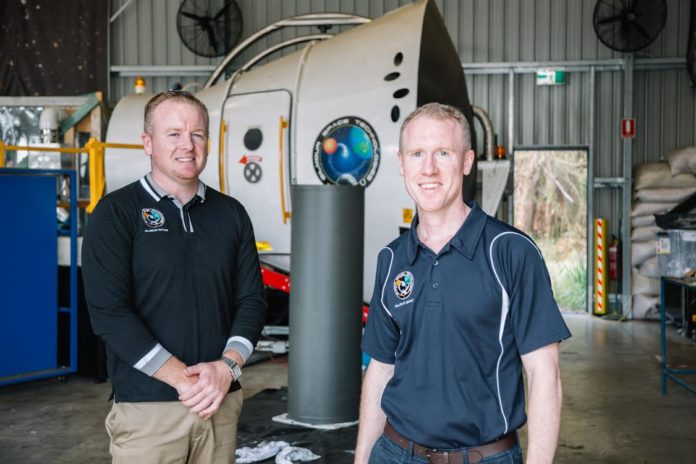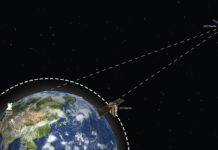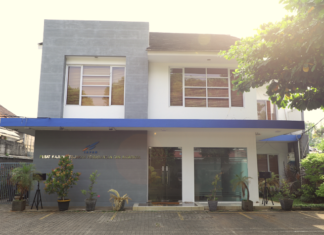Gilmour Space Technologies, Singapore- and Australia-based newspace company, has raised AU$19 million (US$13.7 million) to scale-up and launch its first commercial hybrid rocket to space in 2020, according to the company’s press release.
The Series B round was led by top-tier venture capital firms in Australia: Main Sequence Ventures, which manages Australia’s Commonwealth Scientific and Industrial Research Organization (CSIRO) innovation fund; and Blackbird Ventures, which led Gilmour Space’s AUD 5 million Series A round in May last year.
Other investors include US-based 500 Startups, which increased its stake from the Series A round; as well as new venture capital, family-office and private investors.
Small launch is a big problem
“The small satellite revolution is gaining momentum globally, with thousands of small sats slated to launch into low-Earth orbits (LEO) over the next five years,” said the company’s CEO and Founder, Adam Gilmour. However, he cautioned: “These new players will be challenged by high launch costs and limited launch opportunities.”
To address this bottleneck, “Gilmour Space is developing a new breed of hybrid rockets that will offer dedicated LEO launches to small satellite customers at very competitive prices.”
The company plans to launch Eris-100 in 2020, a three-stage commercial vehicle capable of carrying 100 kilograms to LEO; followed by Eris-400 in 2021, a clustered-engine vehicle for payloads of up to 400 kilograms.
“I believe our progress puts us at a Technology Readiness Level (TRL) of six, well ahead of most small launch competitors globally. The fact that we’ve come this far on relatively little funding is also a testament to our innovative engineering and low cost manufacturing capability,” said Gilmour.
“This round of investment will give us the safe runway we need to build and launch our first commercial hybrid rocket to orbit in 2020.”
Private investors take the lead
Although space investments are comparatively new to investors in the Asia Pacific, they are starting to take notice. According to lead investor Martin Duursma, a partner at Sydney-based Main Sequence Ventures: “Gilmour Space is a great example of the rise of innovation in the Australia space industry.
“No longer is Australia only focussing on so-called downstream applications, but now with Gilmour will also have the capability of launching satellites for both commercial and national benefit. We are excited to support the company in its growth in Australia and beyond.”
Blackbird co-founder, Rick Baker, agreed: “This Queensland-based rocket company is well on its way to developing, building and launching a commercial orbital rocket for under AUD 30 million in capital raised. The result will be a low-cost rocket that is going to change the economics of small launch.”
Since January, Gilmour Space has achieved a number of key milestones: It completed a series of ground tests on its proprietary orbital-class hybrid rocket engine, generating a record 80 kilonewtons (18,000 pounds) of thrust; signed a Space Act Agreement with NASA (the first private company to do so from Australia); attracted two high-profile space veterans to its advisory board; and is preparing for a suborbital test flight in a few months’ time.
“We are ready to take bold new steps to grow our space sector, and to provide jobs now and into the future,” said Australia’s Minister for Industry, Science and Technology, the Hon Karen Andrews MP. “This investment into Gilmour Space [through Main Sequence] is a great example of how the Australian Government is supporting cutting-edge innovation in Australia’s space industry.”
More rockets, more business
Ultimately, however, what customers want are reliable, timely and affordable launches that get their payloads to where they need it to be, said Gilmour.
“With our new rockets and Australia’s well-suited geography, we plan to build a commercial ‘road’ to space that will put Gilmour and Australia on the global space map,” he concluded.







